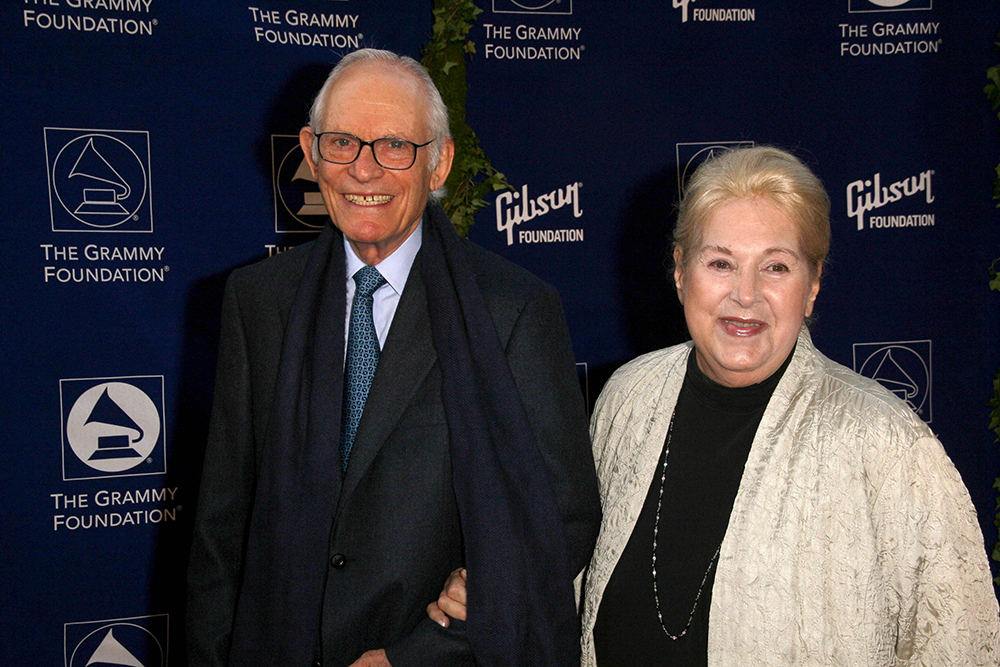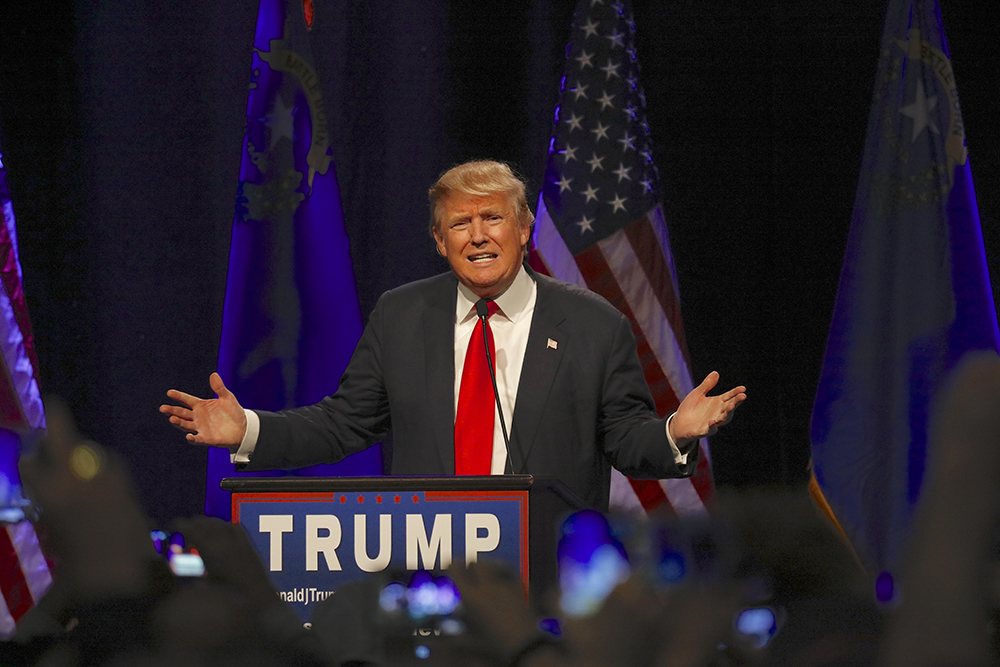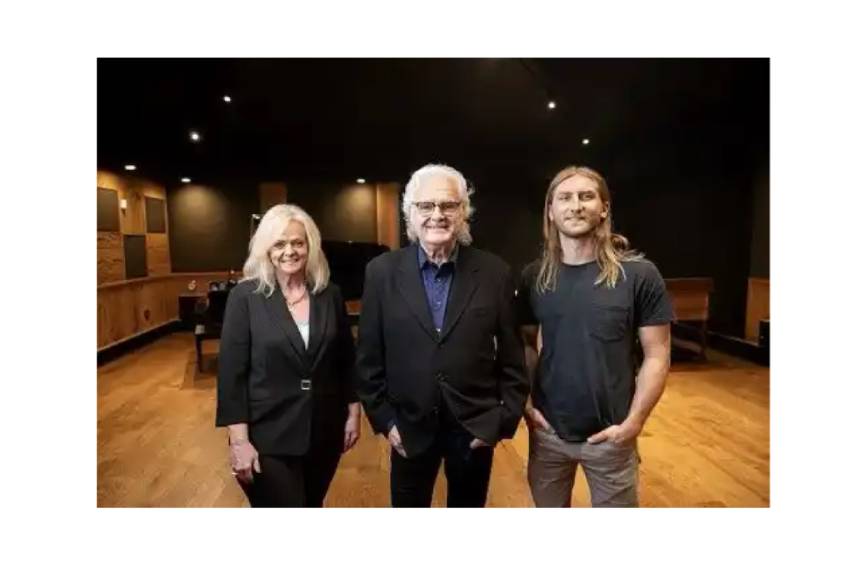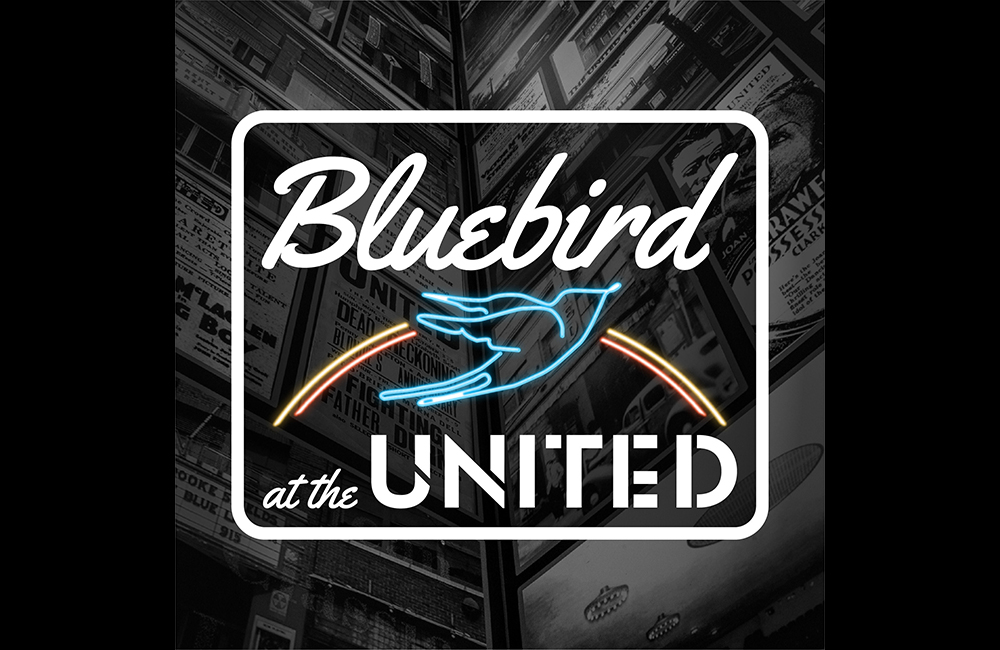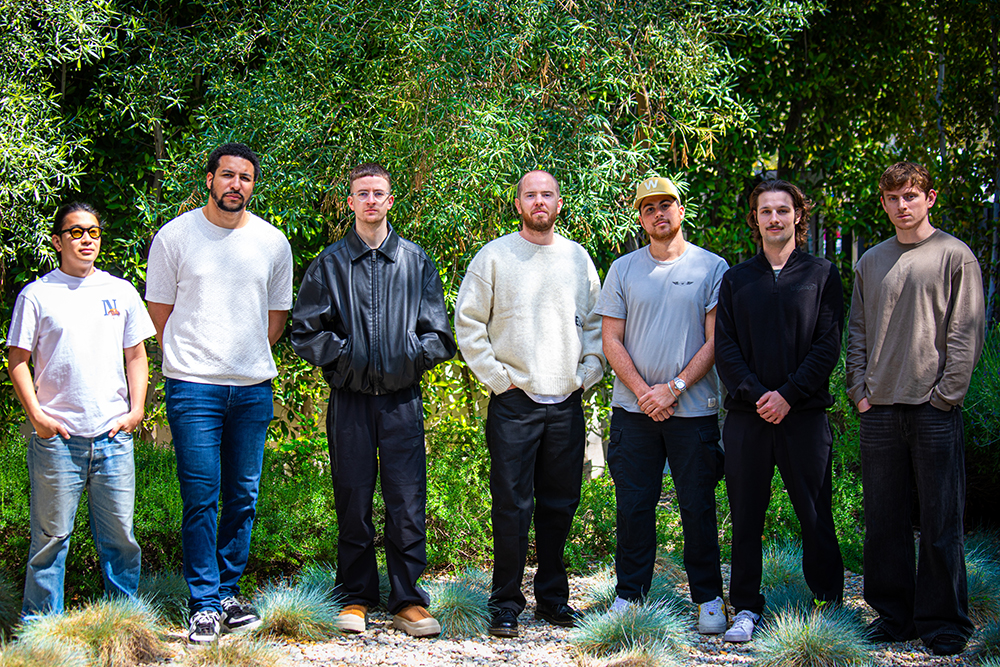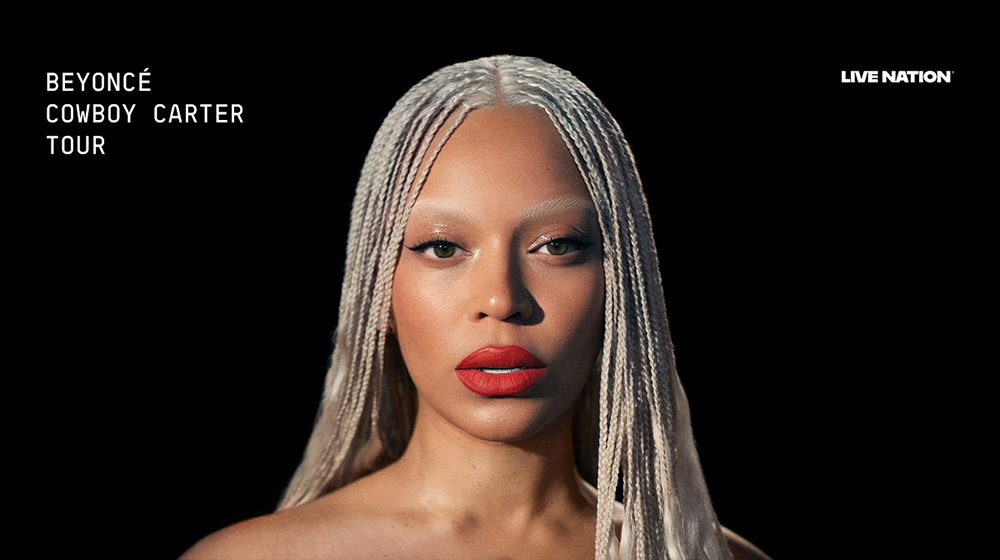
BEIJING, China (Hypebot) – What happens when an industry’s well-being lies in the hands of a monopolistic group of state-owned enterprises that don’t care about sustainability, much less the growth, of the industry, and don't invest the money they make on others’ content back into nurturing that industry? Archie Hamilton takes a closer look in this post on Billboard.com
Back in 2008 and 2009, the debate within the media industries on how to compete with free was raging. Five years on, but with more anecdotal tales and royalty statements to draw from, the debate continues unabated. The key takeaway at this point should be that trailblazing businesses in the west, like Spotify and the many others — who from time to time come under fire for appearing to be piggy-backing off artists’ creativity — are intimately tied to the industry that generates the music they rely on. Spotify founder Daniel Ek took personal responsibility to address artists’ concerns following Taylor Swift’s choice to remove her content from his platform, and it wasn’t corporate speak. He wants to portray an image of himself as an innovator who genuinely cares about the wellbeing of creators.
But what happens when an industry’s well-being lies in the hands of a monopolistic group of state-owned enterprises that don’t care about sustainability, much less the growth, of the industry, and don't invest the money they make on others’ content back into nurturing that industry?
The argument Taylor Swift recently made is one that centers on value and what constitutes “fair” remuneration for the use of her catalog. Music Ally quoted her as saying: “I think there should be an inherent value placed on art. I didn’t see that happening, perception-wise, when I put my music on Spotify.” Unfortunately, without the scarcity that other works of art might enjoy, value in recorded music is something that’s always been fairly arbitrarily dictated. But at least we’re working backwards from the idea that music should be paid for.
Now: Reverse this problem, and welcome to China. Rather than questioning how to preserve the value of recorded music, our main concern has been in understanding how we can work from the bottom up, building perceptions of value into something that has no “value legacy,” no reference point as to what creators deserve for their work. There is no clear answer in China, which means looking at alternative revenue streams and ways of adding value.
Unfortunately, it seems artists and music companies alone are not able to understand and negotiate what value in music means, as the axis of power lies well and truly outside the industry. A recently published report by Eric Priest paints a dystopian picture of this environment, where creators are positioned asextremophiles; organisms that have adapted to living in impossible conditions. It China's telecom behemoths that create and sustain these extreme conditions.
According to a 2011 report published in the industry journal Science-Technology & Publication, which Priest draws from in his own argument, state-owned telecom operators — including China Mobile, China Telecom and China Unicom — siphon around 90-94 percent of the profit they make from value-added music subscriptions. These services distribute ringback tones, which are massively popular here compared to the U.S. This leaves four to five percent for the service providers, and around one percent for rights holders. This disparity in revenue distribution was also highlighted in a China Daily feature which reflects these figures: “If a song generates 100 yuan [$15.70] in revenue, only 2 yuan [$0.32] goes to music producers in the form of royalties… The rest goes to telecom operators such as China Mobile as well as Internet service providers."
Here's the clincher: Priest references an article that draws from numbers posted by the Ministry of Culture that suggest 90% of total recorded music industry revenue is derived from these mobile music services. It is notoriously difficult to get hold of reliable business statistics in China, however researchers such as Priest and others working in the industry paint a picture that contrasts drastically with the industry of the west, where digital music services pass the majority of the value they make back to rights holders.
If anything good has come from the Taylor Swift argument, it’s that artists’ complaints should rightfully be leveled at the intermediaries between the artist and the listener — their labels in particular — who may or may not be taking their fair share of the money that digital music services are paying out (for example, breakage). Even this in itself is a luxury — who do Chinese artists complain to? The recorded music sector in China has but two options, really: To “pull a Swift”, i.e. rights holders boycotting these lopsided relationships with mobile telcos, in the hope they reassess the value of having content offerings as part of their subscription packages. Or — more realistically — the industry should continue to diversify existing revenue streams to protect itself from the risk that comes with allowing the Chinese mobile industry to flagrantly exploit and dictate the future of an entire industry.
Drawing from Spotify founder Daniel Ek’s argument, to create new revenue streams you need to give people what they want which, for the most part in China, means free access, within the context of a legitimate licensed model. The industry needs companies that care, that, in Ek’s words, help artists connect with fans through platforms that protect those artists from piracy. A tiny slice of $2 billion (plus free marketing) is better than 0 (plus free marketing).
The Chinese government’s stance toward its own economy has shifted, and it seems a newfound focus on domestic innovation and consumption rather than exports (as laid out in the 12th five-year plan) is having some implications for the creative industries here. In early 2014, during the Sound of the Xity Conference in Beijing, the general manager of record label Modern Sky Shen Lihui stated copyright would be a major growth point going forward. Later in the year, IP “champion” David Lowery (more popularly known as the front man of Camper Van Beethoven and Cracker) was brought over with Cracker via local promoter Split Works to tour the mainland as part of a campaign to raise awareness of China’s difficulties with intellectual property. Finally, after a few months of speculation, feedback from the recent National People’s Congress Standing Committee meeting (via China IPR blog) confirmed the establishment of three Specialized IP Courts in Beijing, Shanghai, and Guangzhou. These points suggest that the foundation is being built, but the dysfunction will remain in place until the recorded music industry can be freed from the crutch that is ring back tone royalties.
This article has aimed to use a contentious debate from the west as a point of contrast. It has aimed to bring to light some of the amazing research that is being published about the state of the industry in China – a territory which is seen by many (including Bertelsmann and Warner Music) as an important source of future growth. It has also aimed to showcase how debate can reap real benefits for all. Taylor Swift gets her way, digital music services strive for transparency, and systemic weaknesses are identified. Conclusively, this article wouldn’t have existed had it not been for a high-profile artist like Taylor Swift making a stance for what she believed in. While many aren’t convinced it was the best decision, it has mobilized a debate and put it in the face of the media industries and popular press. Who is China’s Taylor Swift, and when will he/she speak up?
Archie Hamilton is an industry veteran, at the age of 32. Archie began promoting DJs back in 1995 while in college. Arriving in China in 2006 with a mandate to bring music to the developing territory, he co-founded Split Works and has since launched 6 distinct festival platforms in partnership with some of the biggest Chinese and foreign brands in the world.






















